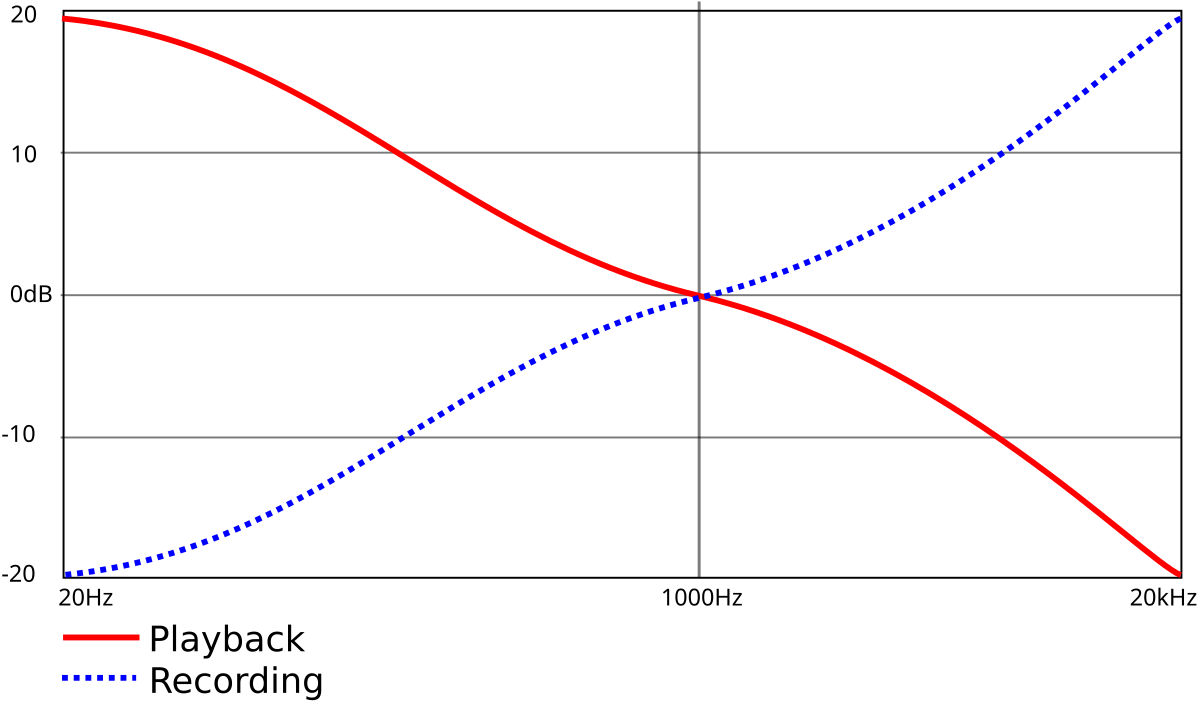Not an electronics superstar but do have some basic knowledge of sensitivity, gain, dB ratios and the like but have a question. I am looking for a moving magnet phono preamp, ideally with a gain of less than 40dB to use with a SUT. I’m using a Denon DL103 with a custom SUT 1:10 or 1:14 switchable. I’m using on 1:10 now with a Schiit Mani 2 at 33dB gain. I was using at the standard 42dB gain setting but it seems to sound better at the lower gain setting.
I have seen a phono pre spec’d at 39dB dB @1kHz. Why the spec at that frequency? What does it mean for 30Hz, 18kHz?
Thanks in advance for any knowledge you can impar!
Mike
I have seen a phono pre spec’d at 39dB dB @1kHz. Why the spec at that frequency? What does it mean for 30Hz, 18kHz?
Thanks in advance for any knowledge you can impar!
Mike


